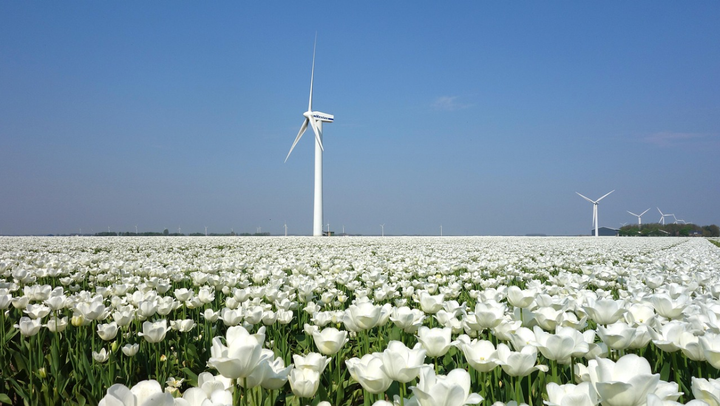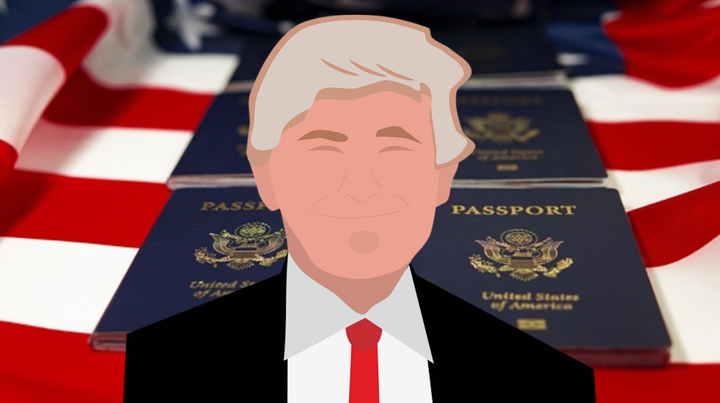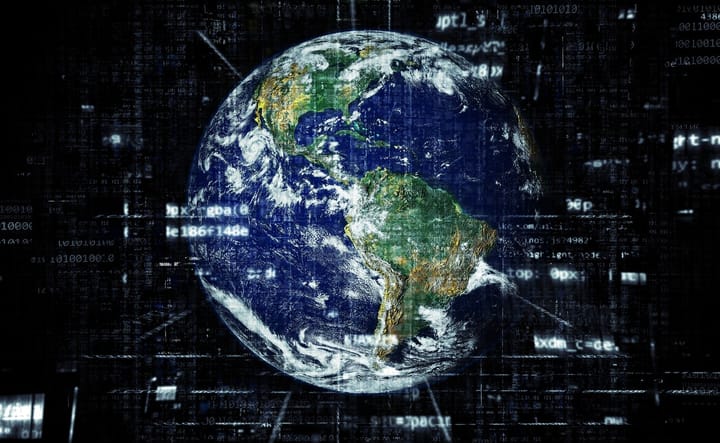What are the most likely effects of the economic sanctions placed on Russia?

Jacob Corne
Formerly a Soviet satellite state, Ukraine had agreed to discard all of its nuclear weapons in return for state independence in 1994. However, this seemingly constructive agreement turned precariously one-sided when power in Russia switched from Boris Yeltsin to Vladimir Putin in 1999. Demanding that Ukraine was Soviet property, Putin attempted a daring annexation of Crimea in 2014. Despite Western condemnation, the invasion was one of the ‘smoothest’ in modern times. ‘It was over before the outside world even realised it had started.’ Conversely, the former spy’s most recent attempt to capture Ukraine, officially beginning on the 24th of February 2022, is significantly more ambitious. The surprising success of Ukrainian resistance has allowed the West to act promptly, and many economic sanctions have been placed on the country, the effect of which will be analysed in this report.
One of the main economic sanctions placed on Russia is centred around oil and gas. The EU has prevented the importing of oil by sea, whilst the UK and USA have banned Russian oil and gas imports altogether. With trans-national corporations like shell pledging to abandon Russian oil, almost 70% of the Russian oil found it hard to find purchasers. Moreover, it is forecasted that the country would only make around 60-70% of its previous yield from selling oil. On the other hand, Russia has been forced into increasing its natural resource prices, in order to maintain total revenue (revenue = selling price x total sales) and mitigate the effects of falling sales. This has actually helped the country pay for the war. Economists claim that the revenue of Russian crude oil has risen by 41% in the last year.
Another kind of economic sanction placed on Russia has been in the form of penalising Russian oligarchs. Predominantly, these are powerful businessmen that have links to Putin and the Russian government. Even though some have claimed that they are against the war in Ukraine, it seems that countries don’t want to take risks, with multiple fines and punishments being handed out. For instance, Roman Abramovich, former owner of Chelsea, had to endure being forbidden from making transactions with UK individuals and businesses by the UK government. Moreover, his assets were frozen, and he was faced with travel bans and transport sanctions.
The overriding effects of these policies have been to reduce the oligarchs’ influence, which has helped to prevent them from interfering with policy in Western economies. The general decrease in wealth has reduced their power, and links to the idea of the wealth effect. Since the oligarchs are less wealthy, they feel poorer, and their consumption falls, leading to a relative decrease in their impact on the global field.
The main form of economic sanction imposed on Russia is financial sanctions. Firstly, the financial service ‘Swift’ has eradicated Russian financial institutions from its database, which has postponed Russian receipts for oil and gas exports. The countries’ economic progress has further been hindered by UK and US measures, namely the US preventing it from making debt payments using money held in American banks. Furthermore, the UK has totally removed vital Russian banks from its financial system, and stopped Russian companies from borrowing money.
These punishments in particular have had huge effects on Russia’s economy. In May, inflation was at 17.1%, making the price of all products more expensive. This led to a fall in consumption and subsequent negative growth, which caused a recession as Russia’s GDP fell by 4% in the third quarter of 2022. On top of this, car sales in the country fell by 83.5%, which demonstrated the reluctance of consumers to purchase price elastic big-ticket items. Moreover, interest rates have jumped to 20%, which will heavily reduce borrowing and increase saving. This policy is an attempt by the government to reduce consumption, as the wider world has stopped exports to Russia.
Overall, it appears that the numerous economic sanctions imposed on Russia have the joint intention of weakening the country's economy, with the hope that Russia will end its war with Ukraine to deal with an economic implosion of its own. As the pace of the war itself decelerates to allow the passing of the treacherous winters of North-Eastern Europe, it seems as if economic restrictions will not slow down. Instead of fighting a war of words, these more invisible insults are the best way to hinder Russian progression, and ultimately terminate the war in Europe.




Comments ()